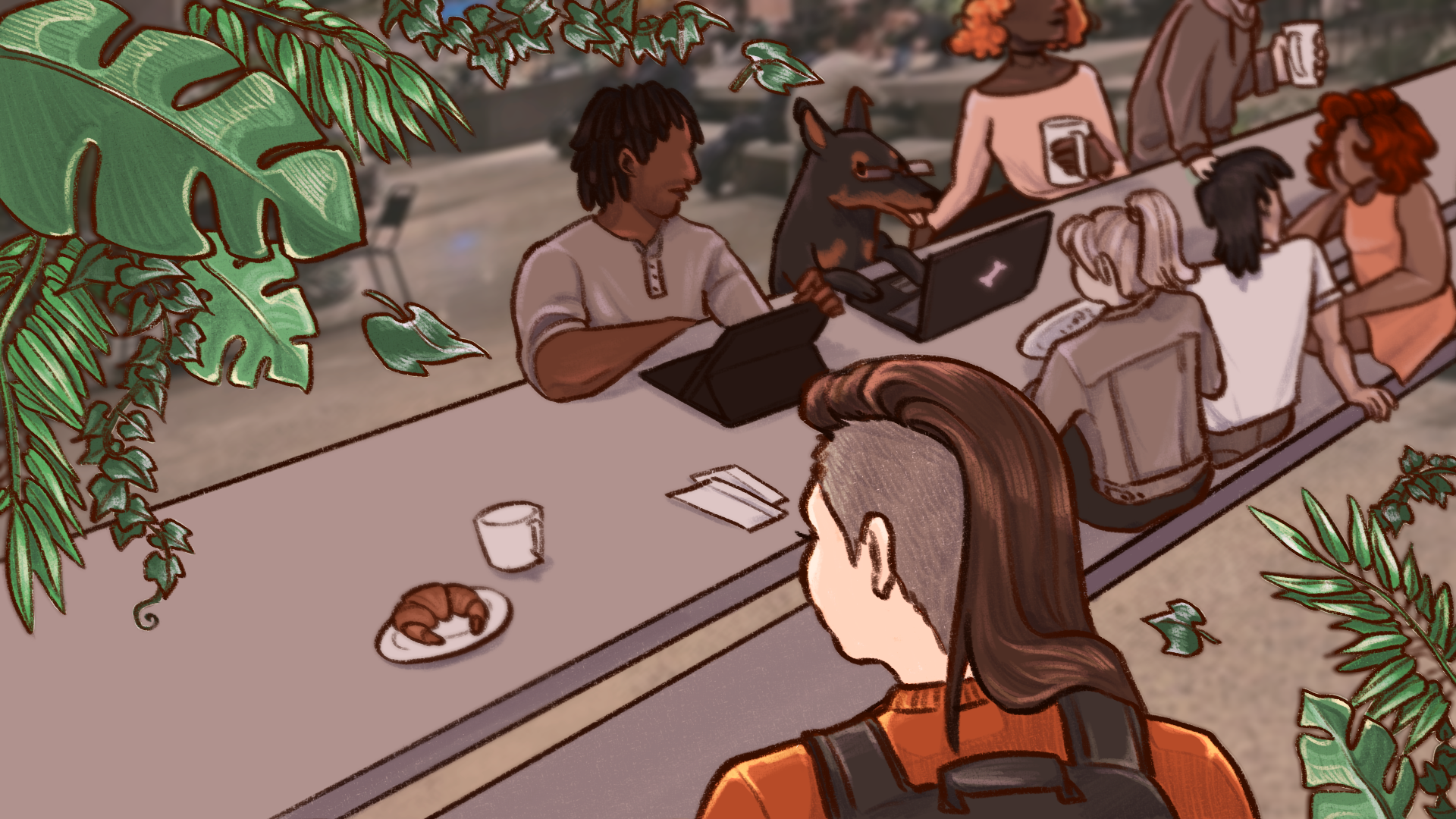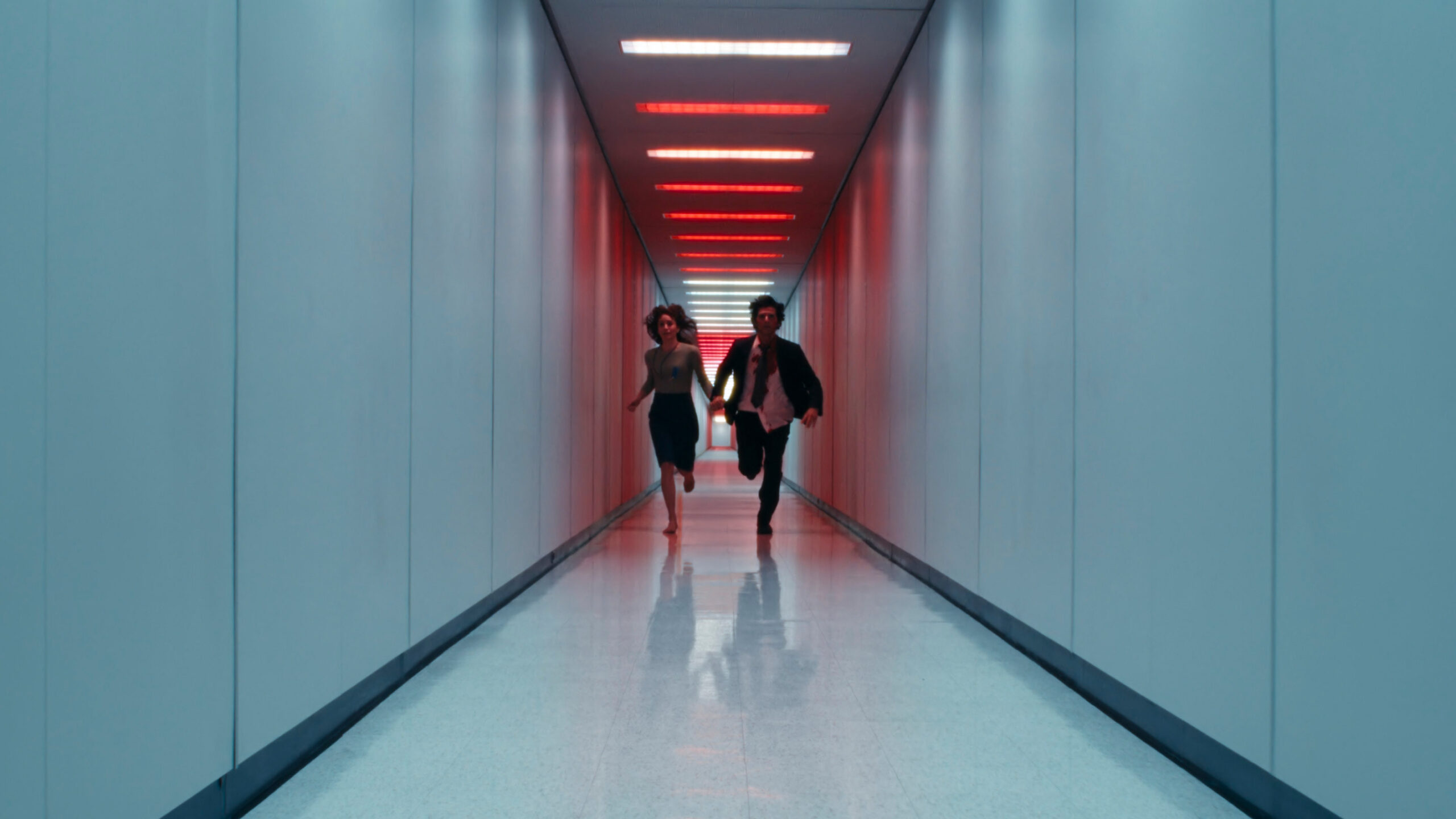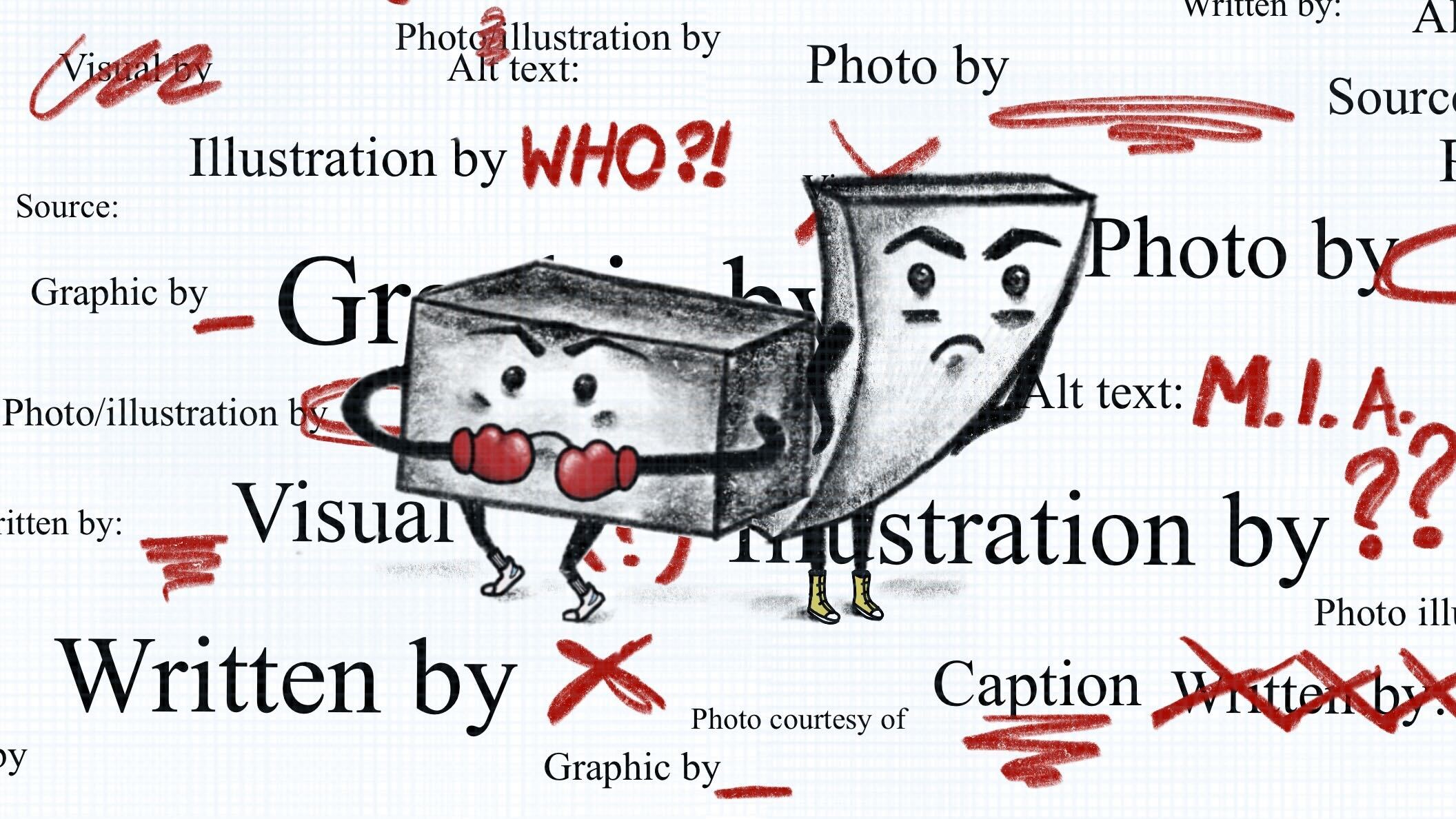I’ve had a library card since the age of five. I used it so often that I memorized the barcode number, and when I lost the card a few years ago, I refused to get a new one for sentimental reasons, choosing to recite the number off to unfazed librarians. I cannot imagine my life without the presence of a plastic-wrapped borrowed book in my bag or on the floor of my bedroom.
When I moved to New York, one of the first things I did was get a public library card. I credit at least half of the knowledge I have retained over my lifetime to library books (the other half being a combination of schooling and my parents). And yet, from asking around, I know that I am in the minority. When it comes to public libraries, as an out-of-state college student in New York City, there are not many like me.
Some students I know claim that free time is an issue, that they just don’t have the minutes in their day to read for pleasure. And I can’t say that I always do either. I have a job, I volunteer, and I’m taking a full course load. But even if it’s for ten minutes a day, the amount of time I have on the toilet, or right before I fall asleep, I need at least a small percentage of my day to be occupied by one thing I have complete and utter power over: what I read for fun. Libraries provide me with pretty much everything I could possibly need to read, for free.
Libraries have been around for thousands of years, yet their existence is threatened by every recession and passing of a political torch as seen by yearly budget cuts. But if they vanish, so much more will too. Many libraries, including those in my hometown and in New York City, offer free workshops. They are resources for the jobless, homeless, and down-and-out, offering free resume-building classes. They hold events for children, for parents, and for the elderly. It is a shared space, a public forum, that allows you to connect.
It is not just the resources that libraries provide, but human interaction, the kind you just can’t get on the internet or in a big box bookstore. Libraries hold librarians, those honorable vestibules of knowledge and worshippers of the written word. Librarians who recommend without prying and check out without judging.
I think that college students write off public libraries because, well, the internet… Why read a book for entertainment when there is Buzzfeed to browse? But at the New School, whose library is scattered among many floors in several buildings, access to a public library system is an invaluable resource. It provides a level of empowerment and fuel for autodidacts that few other public institutions can, and does this not fall under the ideals of the New School perfectly?
A few weeks ago I came across a lecture that author Neil Gaiman gave at the Reading Agency in London titled “Why Our Future Depends on Libraries, Reading, and Daydreaming.” In it, he stresses the importance of fiction, to teach children to imagine new and imagine better, to be discontent. “Discontent is a good thing,” he says. “Discontented people can modify and improve their worlds, leave them better, leave them different”.
Gaiman also cites that there are visible correlations between measures of illiteracy and measures of criminality. Public libraries are not just about books, but about freedom. As Joan Didion said “we tell ourselves stories in order to live.” We build ourselves libraries in order to think.
When we read to find answers, we often are faced with just as many questions, and this is not a bad thing. Among the musty stacks of the public libraries of the world, we are confronted with our own humanity. Through books, written by people who live so far away from you, in times so different than your own, you may find the same feelings and thoughts that course through your very soul. Thoughts you had previously believed isolated you, made you an outcast. But in discovering that someone else has felt just the same way you have, no matter how different from you they may be, you realize something empowering: you are not alone.
Image design by: Stephanie Leone








Leave a Reply